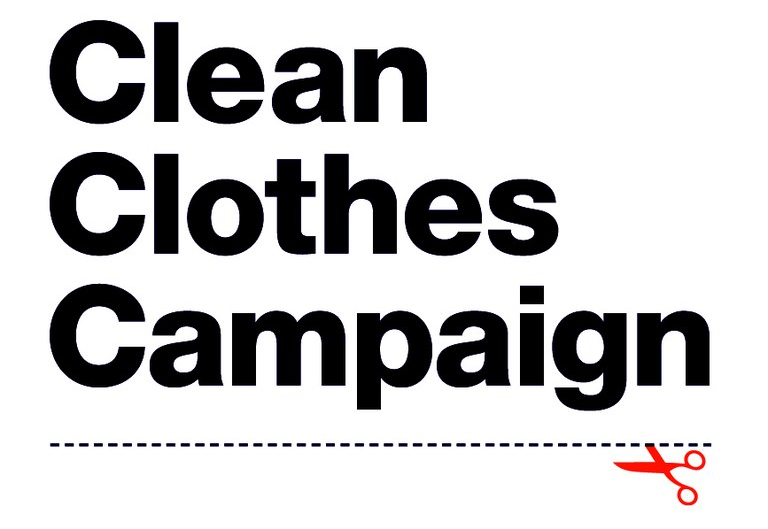Search results
12 results
Sort by:
Gender: Women workers mistreated
Women can be made to dance like puppets, but men cannot be abused in the same way. The owners do not care if we ask for something, but demands raised by the men must be given some consideration. So they do not employ male workers • Female, Bangladeshi factory worker
Migrant workers excluded from maternity leave
In August, long time CCC partner the MAP Foundation in Thailand publicized the outrageous proposal by a senior official at the Thai Ministry of Labour. The proposal states that migrant workers should be excluded from the right to maternity leave, child allowance and unemployment benefits.
Will women workers benefit from living wages? A gender-sensitive approach to living wage benchmarking in global garment and footwear supply chains
The global garment and footwear industry relies heavily on the work of women, who represent up to 80% of its global workforce. The current living wage debate presents both opportunities and risks for the millions of women workers in this industry. This paper argues that it is imperative to adopt a gender-sensitive approach in the living wage discourse, and to look at the implications that such an approach has on the methodology of calculating a living wage and on the measures to implement it.
Ensuring a gender-responsive Corporate Sustainability Due Diligence legislation
On the eve of Women's Day 2023, over 140 organisations sent an open letter to European policy makers this morning calling them to ensure a gender responsive Corporate Sustainability Due Diligence legislation.
Open letter to EU policymakers to ensure gender-responsive legislation on human rights due diligence
Research on Working & Living Conditions of Women in Export Processing Zones (EPZ
This research was conducted between April and July 2004 as a follow up to the last research in 2002, with a focus on advanced monitoring of the working and living conditions of Indonesian female workers in Export Processing Zones (EPZ) and sweatshop factories. This research took place in six factories in Jakarta and Tangerang (Banten Province). Written by Sudwind Austria and UCM Jakarta.
Women Working in the Shadows: The informal economy and export processing zones
This publication examines areas of women’s work in the world economy which have been largely ignored by labour market statistics, media headlines and research projects. It provides basic information on the informal economy and export processing zones, in which the vulnerable work of women predominate, and looks at the development of women’s work in the context of globalisation and the prevailing gender order. Written by Sudwind and Evangelical-Lutheran Church in Bavaria, 2010.
Key Feminist Concerns Regarding Core Labor Standards, Decent Work and Corporate Social Responsibility
This paper aims to discuss the gendered nature of different labour standards, to highlight the implications for women workers in developing countries. Part 1 deals mainly with the definitions and general discussions around these issues, while Part 2 focuses on its gender implications. The paper is mainly a study of the available literature within academia as well as relevant official documents and material from non-governmental organizations (NGOs). Written by WIDE, Belgium, 2008.
Made by Women: Gender, the Global Garment Industry and the Movement for Women Workers' Rights
This 128-page publication published by the CCC International Secretariat in 2005 includes feature articles on important themes relating to gender and labour rights and 17 profiles of women involved in different ways in the movement for garment workers' rights.
Fabricado por Mujeres (Made by Women, Spanish)
Spanish version of the Made by Women report from 2005. This 128-page publication published by the CCC International Secretariat includes feature articles on important themes relating to gender and labour rights and 17 profiles of women involved in different ways in the movement for garment workers' rights.
Made by Women (Fabrique par des femmes)
French translation of the Made by Women brochure from 2005.
Wages and Gender-based Violence
Exploring the connections between economic exploitation and violence against women workers
